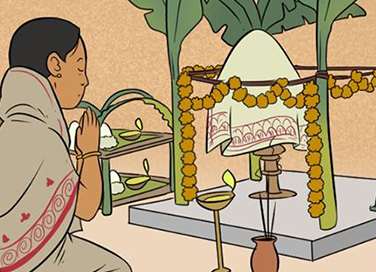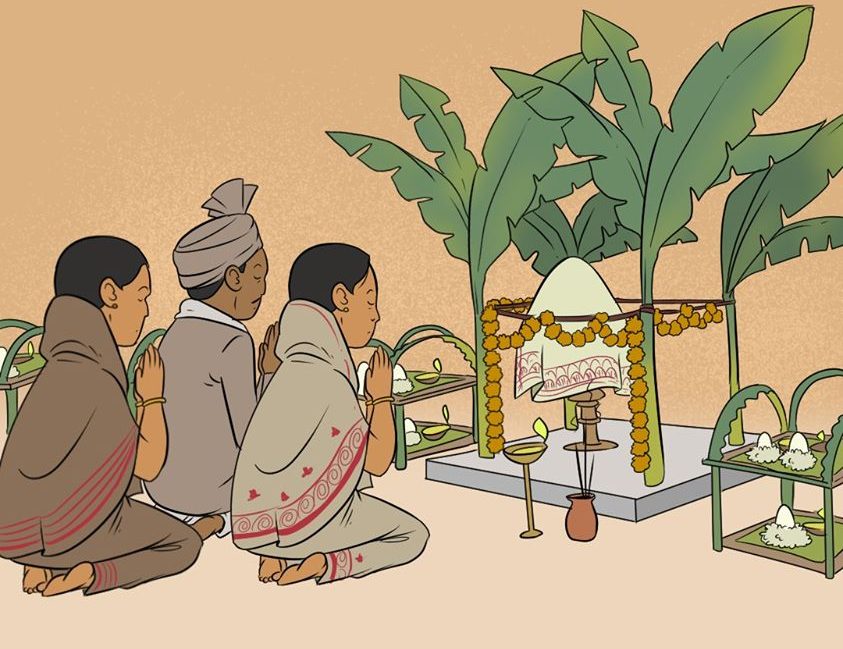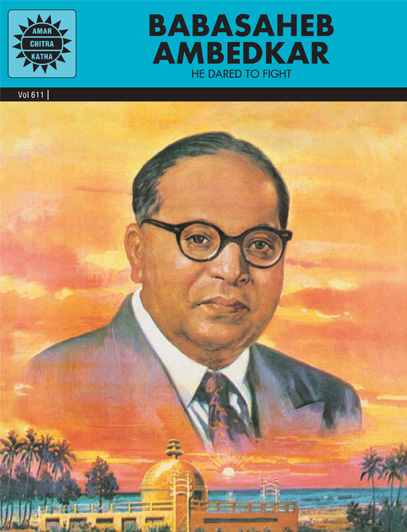The Me-Dam Me-Phi Festival
- January 31, 2020


The Me-Dam Me-Phi Festival
- January 31, 2020

What happens to departed souls?
The dead linger as ancestors for a short period after death, and later traverse into heaven uniting with the Supreme Being. Here, they look after their earthly family and shower them with their blessings for all of eternity. At least, this is what the Ahom community of Assam believes.
Me-Dam Me-Phi is a community festival celebrated by the Ahom people for over 400 years, in memory of their dearly departed. ‘Me’ means offering, ‘Dam’ means ancestors and ‘Phi’ means god.
To receive more such stories in your Inbox & WhatsApp, Please share your Email and Mobile number.
The festival is celebrated privately by families in their kitchen and publicly by the community at Charaideo, Assam, which was the burial site for the kings of the Ahom dynasty in the 13th century. As a part of the rituals, a special pillar called ‘Damkhuta’ is set up, which serves as the focal point of the offerings. Delicacies such as homemade wine, mah-prasad (beans and chickpeas), and rice with egg, meat and fish are offered.
Every year, January 31st is observed as a state holiday in Assam on the occasion of Me-Dam Me-Phi.
To receive more such stories in your Inbox & WhatsApp, Please share your Email and Mobile number.

Comic of The Month
Babasaheb Ambedkar
He was from a respectable family, well-educated and a lawyer, yet many Indians thought of him as ‘untouchable’. It was up to BR Ambedkar to teach his ‘depressed’ community to fight the injustices that it faced each day. Hard working and wise, he became the icon of the underprivileged. History, however, will remember him as the architect of India’s Constitution.